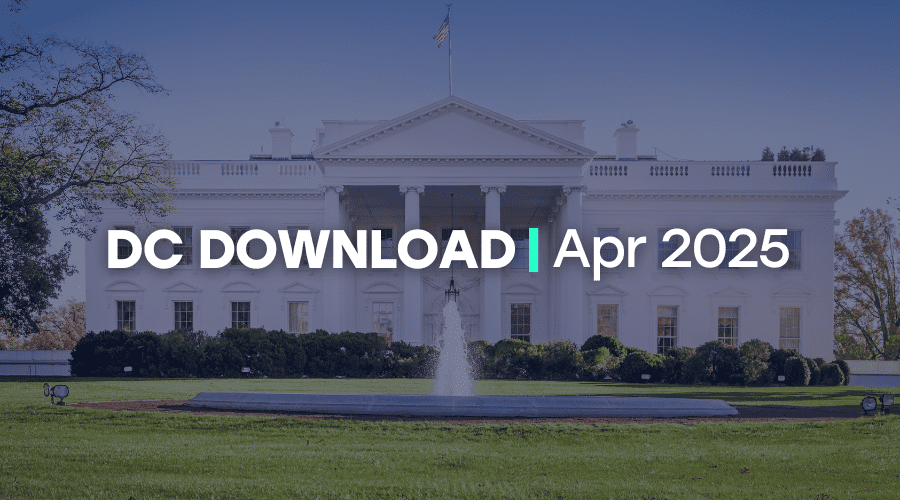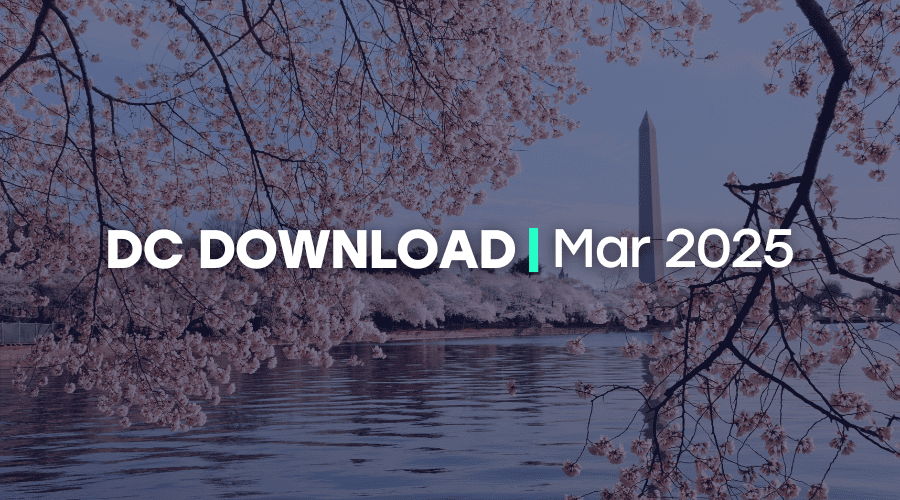Last week, the House Ways and Means Committee approved bipartisan legislation that included instituting mandatory electronic filing of Form 990s for all tax-exempt organizations.
The Taxpayer First Act (H.R. 5444), introduced by House Ways and Means Oversight Subcommittee Chair Lynn Jenkins (R-KS) and subcommittee ranking member John Lewis (D-GA) aims to modernize and refine processes to make the IRS more efficient. The bill covers six main categories including appeals, improved service, enforcement, cyber security and identify theft, modernization, and the U.S. tax court.
Major legislation to overhaul the IRS hasn’t occurred in 20 years, making the committee anxious to make improvements to what many perceive is an outdated system.
Nonprofit Impact
One of the key components of the bill impacting the nonprofit sector is the aforementioned Form 990 electronical filing requirement, making the returns available for public inspection. This eliminates the threshold that requires only exempt organizations with assets over $10 million to file electronically. Independent Sector has long supported the adoption of mandatory e-filing for 990 returns as a means to improve reporting, research, transparency, and accountability for tax-exempt organizations.
The Volunteer Income Tax Assistance (VITA) will also gain more secure funding under the bill. VITA offers free tax return filing assistance to low-income populations, persons with disabilities, taxpayers with limited English proficiency, and other underserved communities. These services are presently available through IRS certified volunteer organizations across the country. Currently the IRS awards matching grants to some of these nonprofit organizations, however, the bill will provide permanent matching grants to organizations that support VITA programs.
Individual Impact
The bill also includes reforms designed to help low- and moderate-income taxpayers. The Free File program, which offers free online tax filing to people whose incomes fall in the bottom 70 percent, will be codified in the tax code.
The legislation also creates a low-income exemption for taxpayers who are below 250 percent of the federal poverty level to prevent referrals to private collections agencies, and requires the IRS to develop “robust and secure online accounts” for taxpayers and their preparers by 2023.
Independent Sector will continue to monitor the Taxpayer First Act and share developments as they become available. If you have any questions, please let us know in the comments below.



